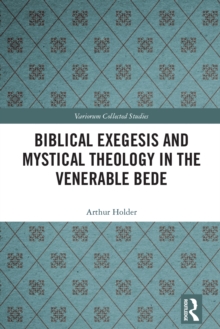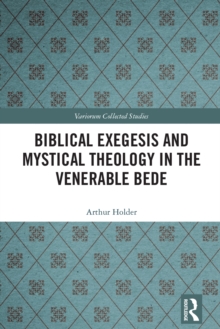
The 'Creed of Science' in Victorian England Hardback
by Roy M. MacLeod
Part of the Variorum Collected Studies series
Hardback
Description
The nineteenth century, which saw the triumph of the idea of progress and improvement, saw also the triumph of science as a political and cultural force.
In England, as science and its methods claimed privilege and space, its language acquired the vocabulary of religion.
The new 'creed' of science embraced what John Tyndall called the 'scientific movement'; it was, in the language of T.H.
Huxley, a militant creed. The 'march' of invention, the discoveries of chemistry, and the wonders of steam and electricity culminated in a crusade against ignorance and unbelief.
It was a creed that looked to its own apostolic succession from Copernicus, Galileo and the martyrs of the 'scientific revolution'.
Yet, it was a creed whose doctrines were divisive, and whose convictions resisted.
Alongside arguments for materialism, utility, positivism, and evolutionary naturalism, persisted reservations about the nature of man, the role of ethics, and the limits of scientific method.
These essays discuss leading strategists in the scientific movement of late-Victorian England.
At the same time, they show how 'science established' served not only the scientific community, but also the interests of imperial and colonial powers.
Information
-
Available to Order - This title is available to order, with delivery expected within 2 weeks
- Format:Hardback
- Pages:346 pages
- Publisher:Taylor & Francis Ltd
- Publication Date:28/04/2000
- Category:
- ISBN:9780860786696
Information
-
Available to Order - This title is available to order, with delivery expected within 2 weeks
- Format:Hardback
- Pages:346 pages
- Publisher:Taylor & Francis Ltd
- Publication Date:28/04/2000
- Category:
- ISBN:9780860786696










